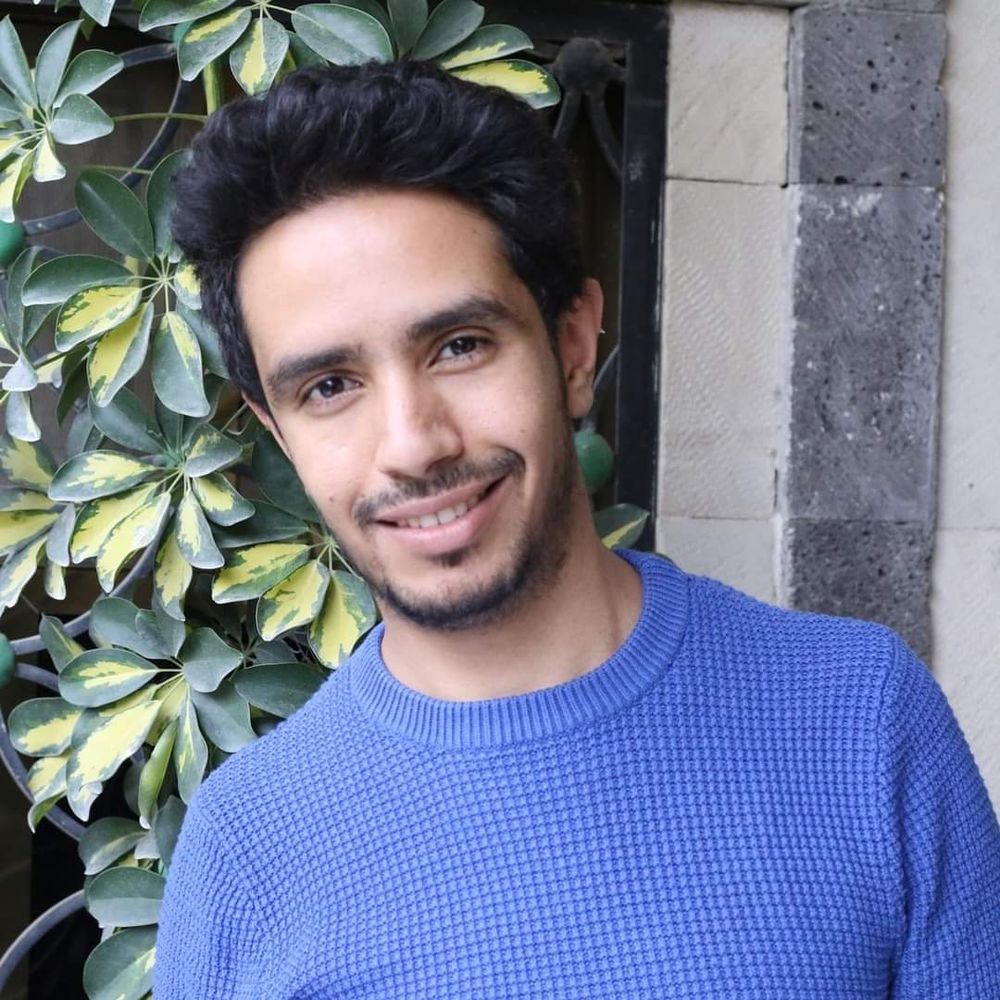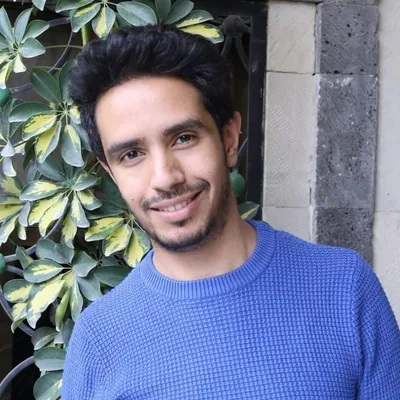

I left Yemen in 2021. Like so many other Yemenis, my first destination was Egypt. And like other Yemenis, I had problems in Egypt. I stayed there for six and a half months, before I was forced to leave. Then I went to Malaysia, and stayed for seven months. But I was on a tourist visa to I had some problems there too. It was hard to find work and stay for long periods.
When I had to leave, I decided to head for Cambodia, because something about it seemed similar to what Yemen was like before the war. When I saw pictures and heard stories of Cambodia, they reminded me of Yemen in the 1970s, 1980s, and 1990s.
People here are friendly. They are always smiling, and always willing to help. But there are exceptions. To stay there there are three conditions: A six-month visa, a rental contract, and a bank account. I managed the first two, but got stuck at the third. A friend and I went to open accounts, but when the bank employee saw my Yemeni passport he said: “You can’t open a bank account, because your country is dangerous and at war.”
We tried to open accounts at several banks, but were turned away. It was so frustrating. My friend tried to cheer me up, but I was frustrated with what felt like discrimination and racism. I don’t blame the Cambodian people or the bank employees, because I know they have to follow policy. Some people’s responses were kind, but at other banks they looked right at us and said we are not welcome: “Yemen is on the list of terrorist countries.”
But I am not my country. I am not my government, and I am not a militia. I am an ordinary citizen. I am a good person, who has never harmed anyone. So why should I be held responsible for what these parties have done, in a conflict that has nothing to do with me?
But sometimes, when I hear these words, or when I am turned away because of stereotypes, I wonder to myself: “Are they right? Am I how they see me?” It’s a hard feeling to grapple with.